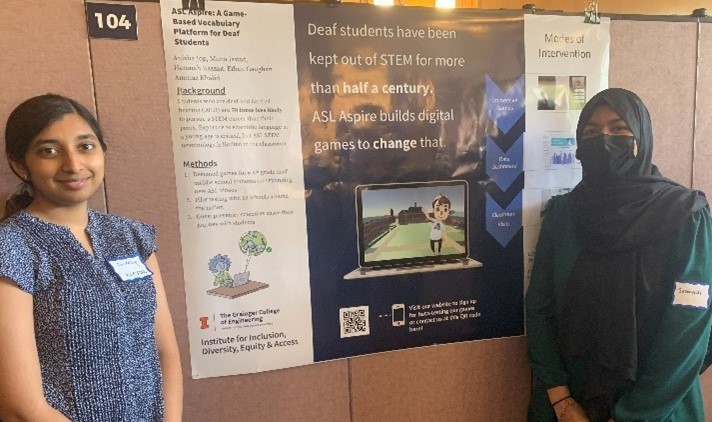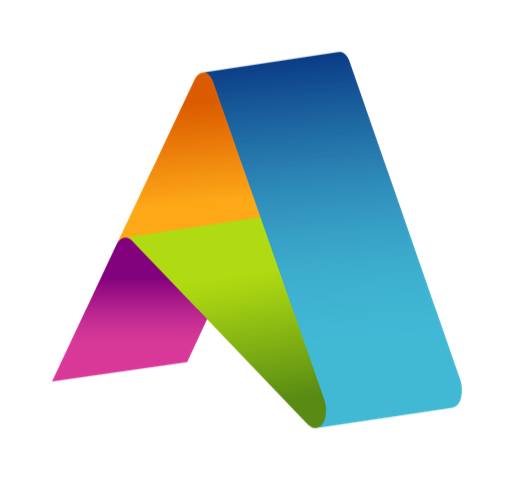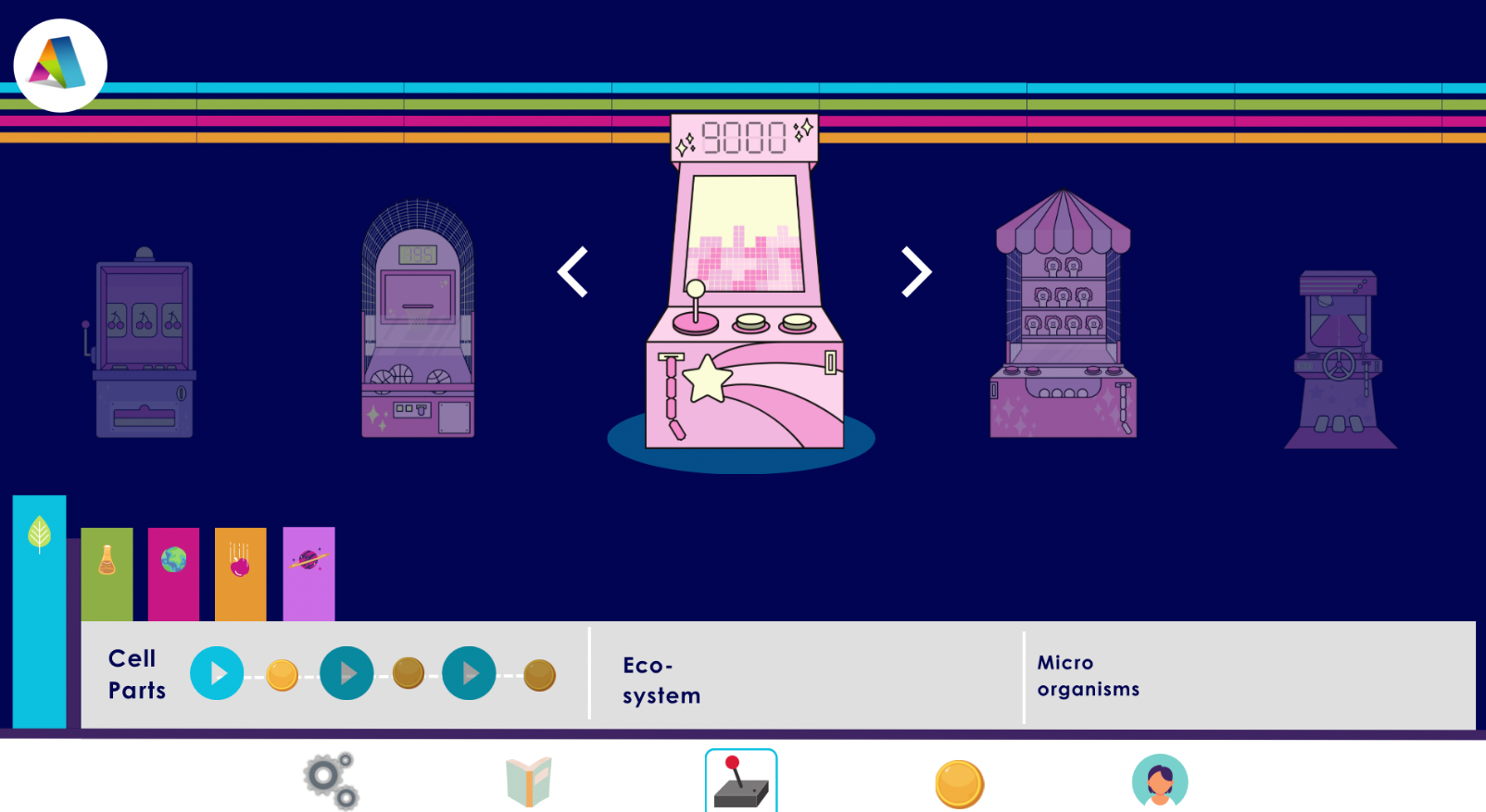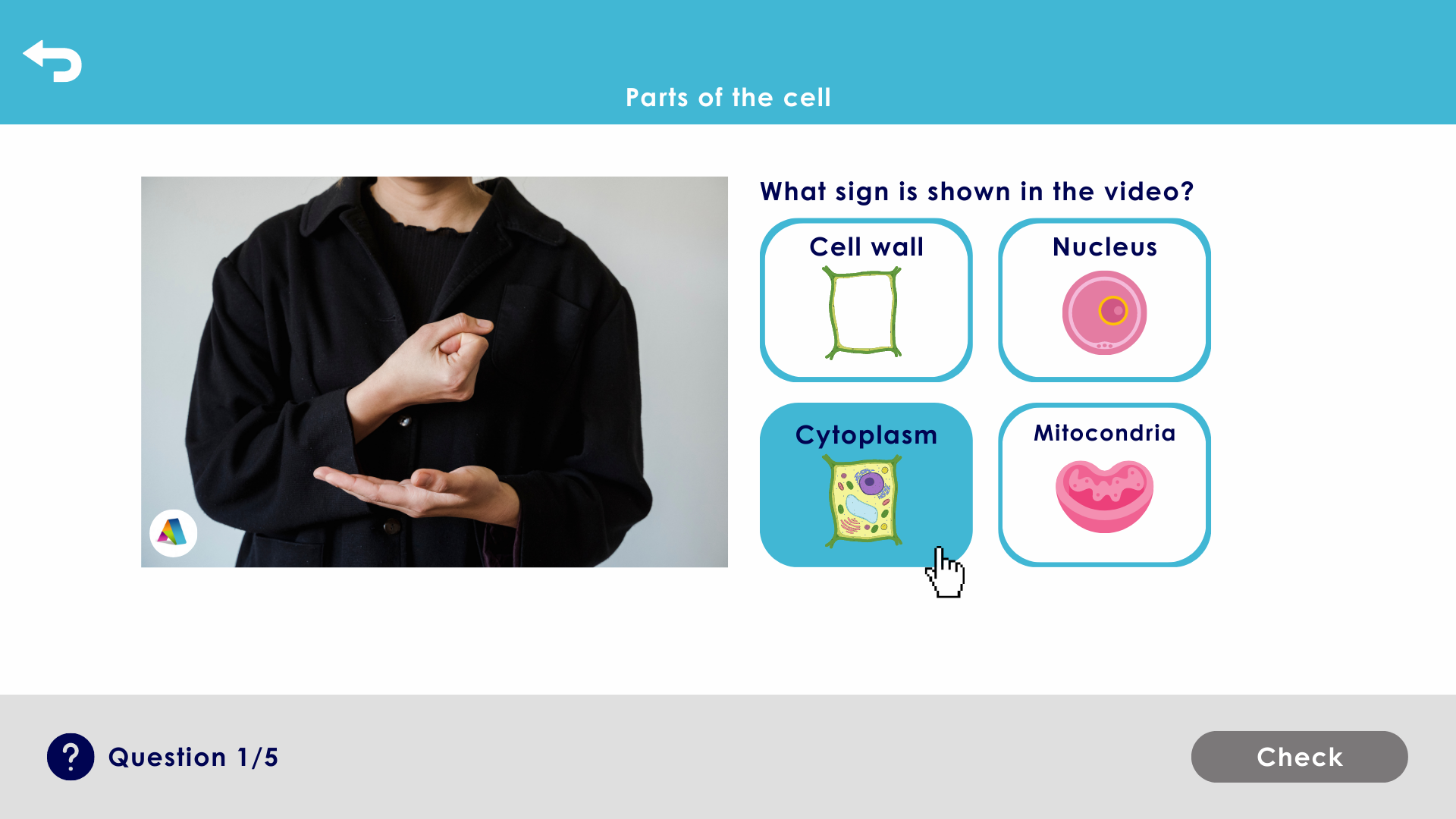Students launch ASL STEM Vocabulary App Company

Photo provided. University of Illinois students Anisha Jog and Sumayyah Hussain stand by their presentation on the ASL STEM Vocabulary App, a game-based learning platform their team created to remove barriers that deaf and hard-of hearing students have when learning STEM-based vocabulary.
By Bruce Adams, Contributing Author
July 20, 2023
Engineering, scientific research, and innovation constantly create a dizzying array of technical terms. Keeping up with this expanding terminology presents unique challenges to deaf or hard of hearing (DHH) students who communicate using American Sign Language (ASL.) For example, Daniel Lundberg, a deaf chemistry professor at Gallaudet University, estimates that about 80% of chemistry terms have no established sign. This is an incredibly frustrating situation for students in middle school, where most students decide to pursue an interest in STEM.
In the summer of 2020, Mona Noor Jawad, then an undergraduate bioengineering student at the University of Illinois Urbana-Champaign, volunteered at the Grainger College of Engineering Worldwide Youth in Science and Engineering summer camp. The camp is designed to provide pre-college STEM opportunities to underrepresented groups. She observed that “it was a great organization full of diverse students, but I was surprised by the lack of DHH representation among our applicants. Working with the same educator who ran the camp, I interviewed deaf educators about the challenges they faced in teaching STEM. For these students, I was told it all begins with their vocabulary.”

An ASL STEM Vocabulary App.
As she put it: “Words are the foundation for literacy. There’s a severe lack of research on improving literacy for DHH students and an even worse lack of industry initiative. We needed to find a way to quickly bring new STEM terminology to the classroom. And what better way to help kids engage with new material than games?” Jawad got together with her friend Ayesha Kazi, a computer science major, whom she met through the Women in Engineering program during their first semester. They were joined by Anisha Jog, a computer science major, and Sumayyah Hussain mechanical engineering major, who brainstormed how to deliver STEM vocabulary games to DHH middle schoolers.
Carle Illinois College of Medicine’s Health Maker Lab provided a venue for the new team, dubbed ASL Aspire, to fine-tune and submit their ideas in a Make-a-thon. The Maker Lab is “a network of maker labs and design spaces, also known as nodes, which are spread across the University of Illinois campus that agree on one goal: to improve the world’s health.” The new ASL Aspire team said it was “the first space where we could manifest our passion for this project into a real working product. The Make-a-Thon did not require a prototype or any deliverables, just an idea that could help make the health space more equitable and a passionate group of people, both of which we had. It gave us a practice ground for our first pitch and a boost of motivation that has continued to drive us forward.” In total, 24 people from more than eight different departments on the Urbana-Champaign campus were involved in the ASL Team.

ASL Aspire was selected as a winner in the 2021 Health Make-a-thon, and a $10,000 prize helped convert their idea into a business. In the second round held in April 2022, they formed a business plan and were selected as a winner and awarded $20,000. Then, the group was chosen to join the eighth cohort of the iVenture Accelerator for Illinois student-led startups, receiving support and opportunities to expand the venture. Jawad said, "The people we met and had the privilege of learning from have been an invaluable part of our progress.”
Hussain confirmed that a network of mentors, supporters, and departments had aided the team: “This project would not be where it is today without the support of the Center for Innovation in Teaching and Learning (CITL) and the various departments and individuals at Illinois. We have worked closely with faculty in various departments, including bioengineering Dr. Holly Golecki in bioengineering and Dr. Lawrence Angrave in computer science, and have mentors in many departments and across colleges. Through the Health Make-a-Thon, we were able to work with CITL staff. Dr. Louisa-Maria Rosu has been an incredible project mentor and connected us with individuals in various university departments and in industry.”
The ASL Aspire team contacted the community as they developed the app by interviewing teachers and students to assess their needs and preferences. The app was beta tested in six middle schools, including Franklin Middle School in Champaign Unit 4 School District.
Jawad asserted that “there are few better places in the world for building a startup than at Illinois. Not only did our departments at Bioengineering and Computer Science support us, but there are many different resources at the TEC center. Just a few that we have participated in include Cozad, the iVenture Accelerator, and the many micro-competitions hosted by Engineering Open House and Forge.”

What the team was building is, as they put in their 2023 Undergraduate Research Symposium presentation, “An ASL STEM Vocabulary App.” Adapting a three-dimensional sign language to an app and designing appealing games for middle schoolers was challenging. DHH scientists are expanding ASL STEM vocabulary, and the app incorporates this.
Engaging students was crucial to the design of games in the app. Making the app practical for instructors was essential to its adoption in schools.
A group of flexible, customizable vocabulary modules allows educators to add their content or choose from Next Generation Science Standards-aligned pathways based on their course's demands and their students' needs. Instructors have access to a dashboard to view student performance statistics.
Jawad said that the team “just finished out the ASL Aspire spring pilot program at the Indiana School for the Deaf and the Ohio School for the Deaf. These pilot visits allow the schools to beta-test our platform and also allow us to see how students interact with it and what improvements can be made. Our team loved to see the students giving our games a shot! We are visiting these schools with deaf scientists Mechelle Cureaux, an Illinois graduate student in chemistry, Mondreakest Faust, a Biomedical Engineering Technician at the National Institute of Biomedical Imaging and Bioengineering, and Dr. Amie Sankoh to encourage these young Deaf students that they, too can become scientists. The pilot program for the spring could not have been possible without the help of the IDEA Institute at Illinois. This summer, we’re planning to visit the SASED school district in Lisle, Illinois, and launch our product publicly on August 15th, 2023.”













.jpg)
















